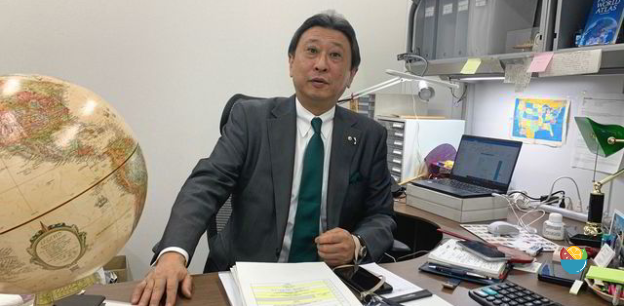
Tangguh is currently Indonesia’s largest gas producing asset, accounting for around 20% of the republic’s total gas output.
Chubu Electric on Monday confirmed that Tangguh is the most advanced CCUS project in Indonesia. The host government in 2021 approved the Plan of Development while front-end engineering and design work is now under way with the final investment decision is planned to be taken in the near future.
With approximately 1.8 gigatonnes of CO2 in ultimate storage capacity, Tangguh is well-positioned and has a tremendous potential to become the Indonesia’s first CCS hub for domestic and international emitters, noted the Japanese utility.
Both BP and Chubu Electric aim to achieve net zero CO2 emissions from their operations by 2050.
The duo is working to support the decarbonisation of the area around the Port of Nagoya, as a part of the scopes of a Memorandum of Understanding signed in February 2023 for the decarbonisation of Japan and the wider Asian region.
The Port of Nagoya is the largest port in Japan in terms of cargo volume, accounting for 3% of Japan's total CO2 emissions and has set a target to reduce its emissions by 46% by the 2030 financial year compared to the 2013 financial year.
“In order to contribute to the achievement of such target, affiliate[s] of BP and Chubu Electric are conducting studies on the capture, aggregation, utilisation and transport of CO2 to overseas CO2 storage sites for the realisation of CCUS,” Chubu Electric said in a statement.
Under a new MoU signed on Monday, the two companies will assess the feasibility of CO2 capture, aggregation and liquefaction at Nagoya Port for export with transport via CO2 shipping for injection and CO2 storage in a geological store within a CO2 storage hub at Tangguh in West Papua province.
Hiroki Sato, division chief executive of global business at Chubu Electric, commented: “It is significant milestone for the Nagoya Port CCUS project to be able to specify and assess the storage site of Tangguh in our feasibility study. Tangguh is expected to have considerable storage volume.
“We will collaborate with BP on solid assessment of Tangguh as a potential storage site, with the aim of starting the project in 2030 in align[ment] with the Japanese government’s target.”
BP and its co-venturers are expanding the two-train, 7.6 million tonnes per annum Tangguh LNG project with the addition of a third train and new infrastructure, which will boost total nameplate capacity to 11.4 million tpa. After delays, due in no small part to the coronavirus pandemic, the Tangguh Train 3 project is now targeting start-up later this year.